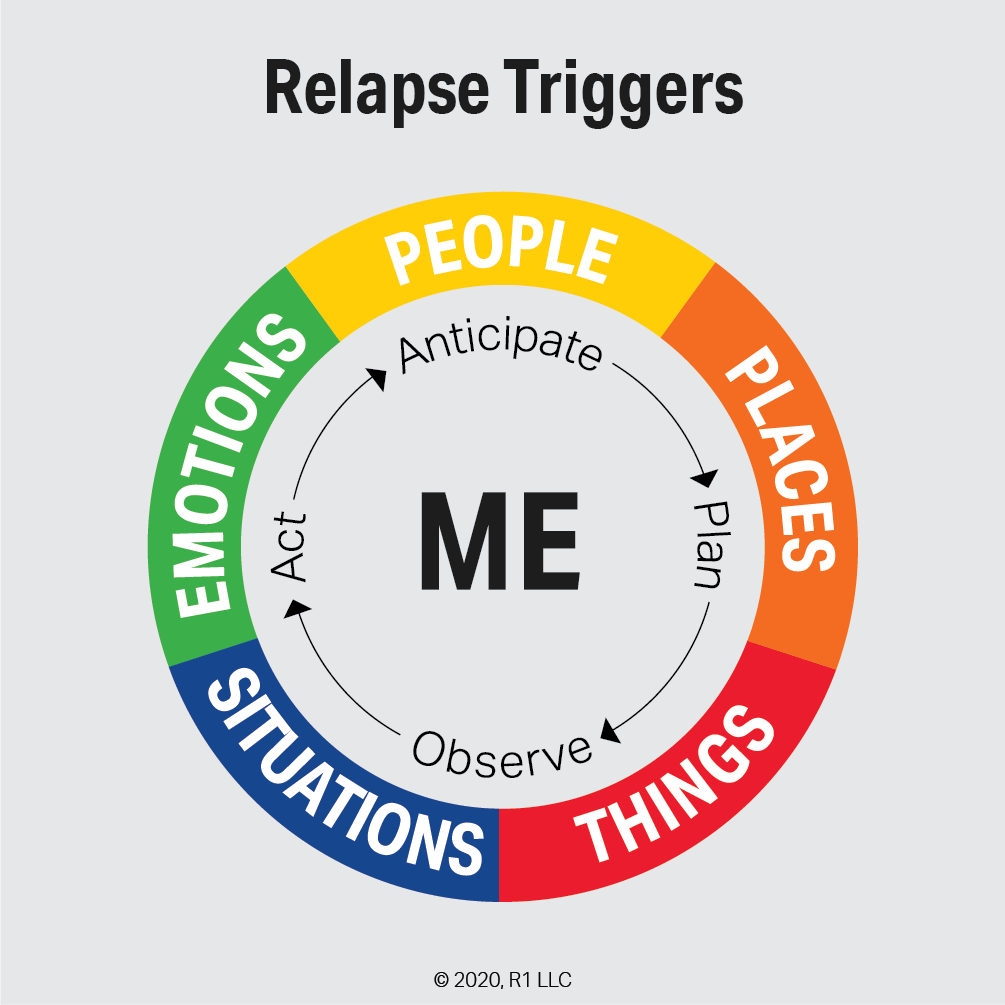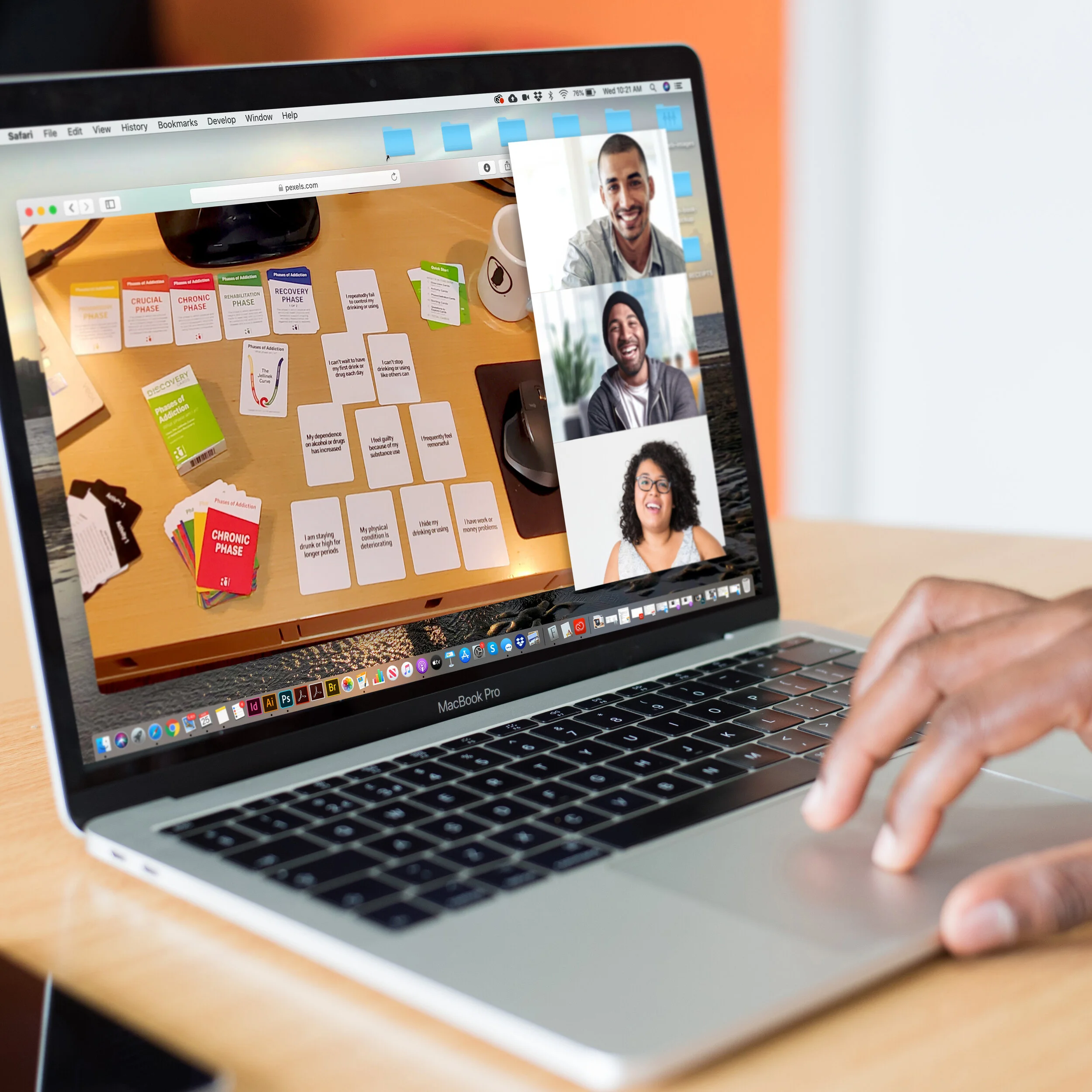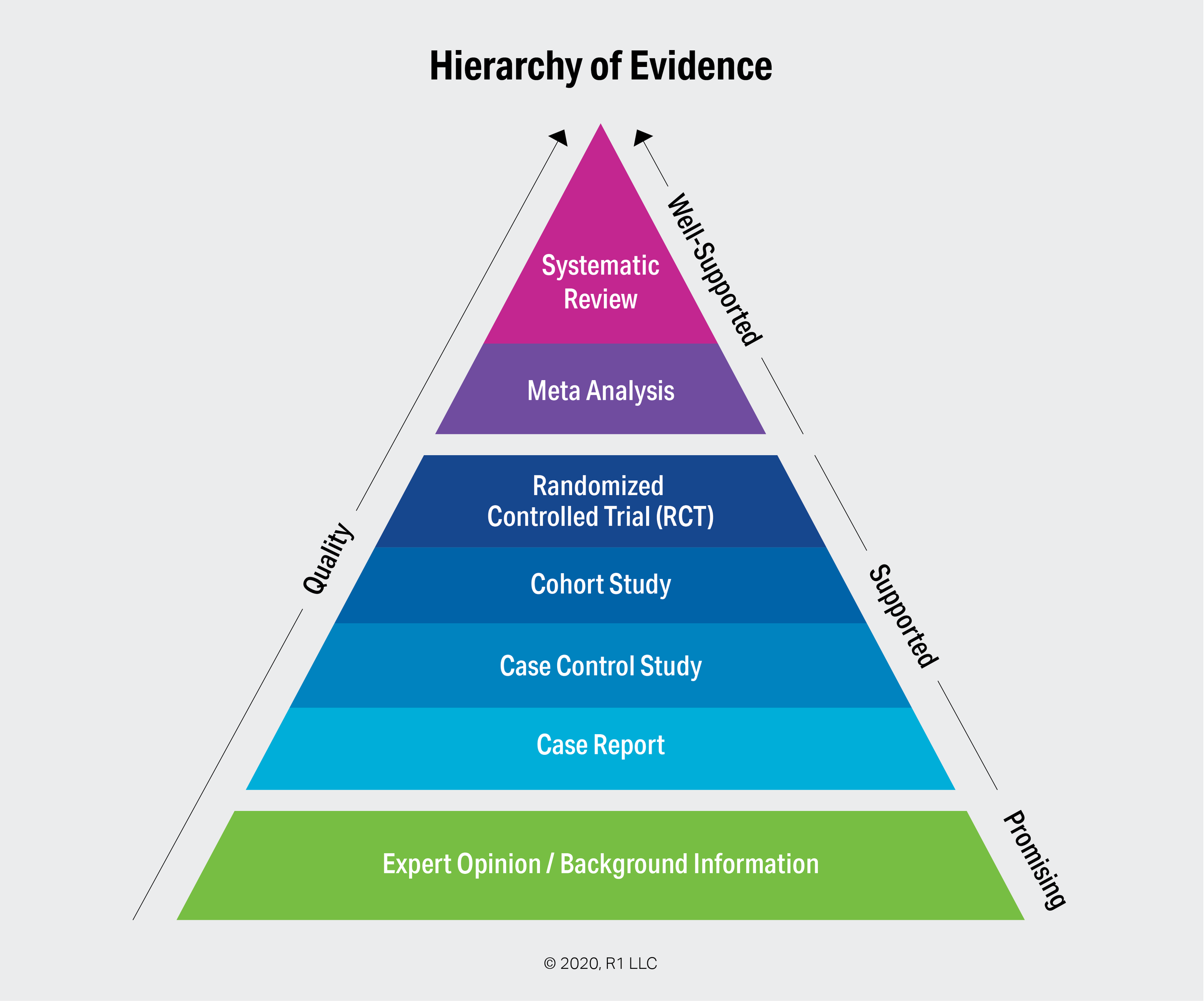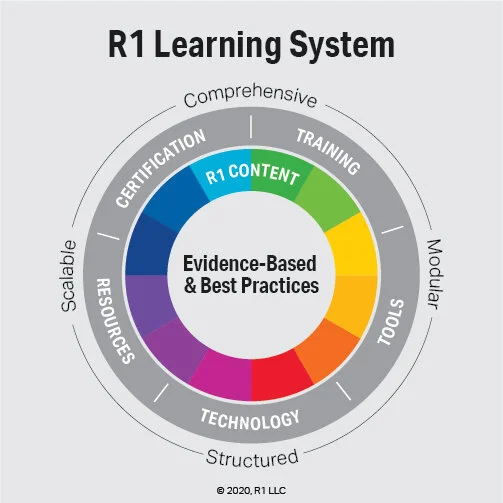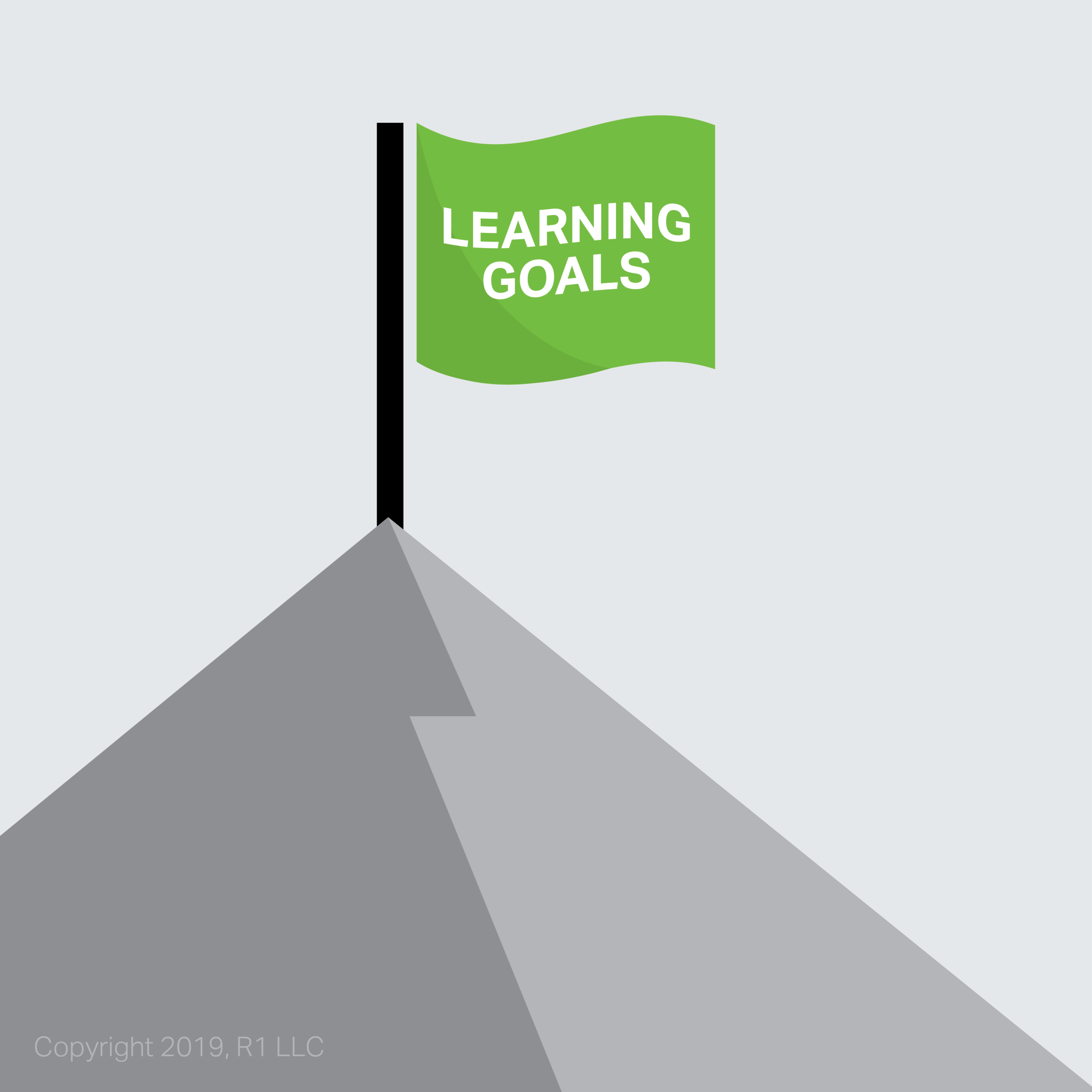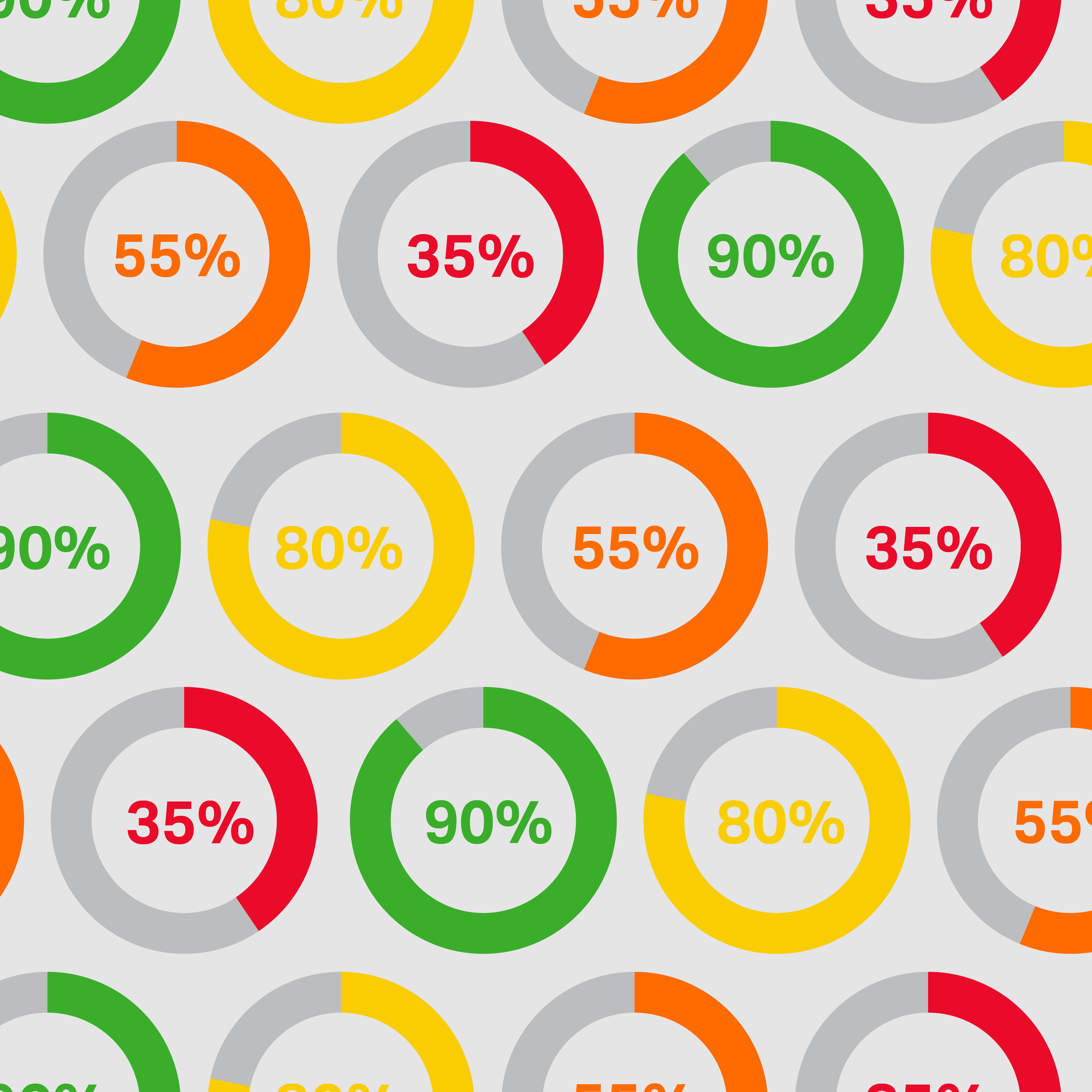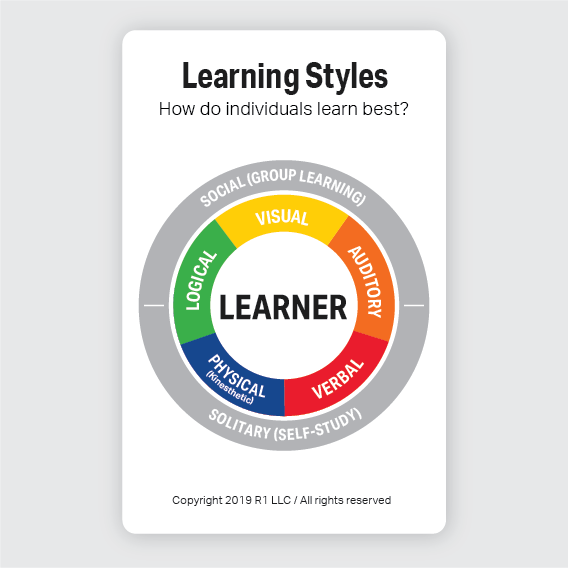Treatment programs, especially intensive outpatient programs (IOPs), are quickly redesigning their curriculum in order to facilitate virtual treatment groups. What are you doing given the new social distancing requirements?
Read MoreSubstance use triggers are challenging to avoid because they are usually an integral part of one’s life. Most of the time they are not completely avoidable since people do not generally have complete control over the environments they move into and out of on a daily basis.
Read MoreHow does one guide clients through the minefield of early recovery when the customary tools and resources are unavailable? Likewise, How do we keep staff engaged in routine training and continuing education from a distance? How do we adhere to our standard policies and procedures in this climate?
Read MoreThe term ‘evidence-based’ seems quite straightforward. However, there are a lot of proverbial devils in the details of qualifying, quantifying, and appraising the evidence. Looking at a typical ‘Hierarchy of Evidence’ provides a good overview of the types, strength, and quality of the evidence and opens the door to tackle some of the considerations in assessing evidence-based practices.
Read MoreAlthough people’s first exposure to the R1 Learning System were our Discovery Cards decks, it was clear from the beginning that we are much more than a card company.
Read MoreA quick Google search of “evidence-based practices” returns 300 million results. A more surgical search of “evidence-based practices for substance use disorders” still generates more than 50,000 results. Why is the term so broadly used and what exactly does it mean?
Read MoreEngagement is on the front line in behavioral health settings. But what does engagement really mean, and how does it show up? And what can you do to improve engagement — in your own patient encounters, and in your workplace more broadly?
Read MoreWords matter. The more words or labels individuals have to help them describe and express what they are thinking and feeling – to family, friends, and counselors, the sooner they can make healthy choices, take action, and move forward toward meaningful change.
Read MoreWe often hear things like, “I just need to build better boundaries” or “they are overstepping my boundaries.” What are we really talking about here? How can someone help me if I can’t clarify exactly what is making me feel disturbed, unhealthy, or unsafe?
Read MoreOur goal with this post is to give you a few ideas for flip chart use that you can take into your next session and implement immediately. Here are a few tips to help you get started…
Read MoreHow can we understand the impact of our treatment and recovery program if everyone on our team teaches different topics with different learning objectives using different methods? We just want you to take a moment to consider this question for yourself…
Read MoreDo you know the 7 learning metrics that matter for increasing outcomes? Why are they so important? How do you stack up? How can your curriculum and learning strategy become one of your most important competitive advantages?
Read MoreNow is the time to understand learning styles and how to design group activities to target them. Not only do outcomes improve when learning styles are considered, but lives change! Let’s talk learning styles – everybody has one (or more)!
Read MoreThe question we’re here to help answer in this post is, How do I set up a group room to create a more dynamic and engaging learning experience?
Read MoreR1 Learning is here to provide you with practical tools to increase engagement and outcomes in the work you do as well as in the life you live. Join us for a journey through self-discovery!
Read More

